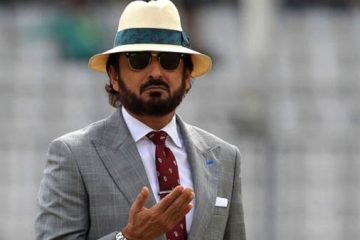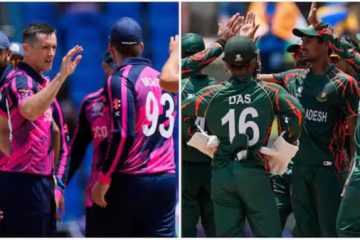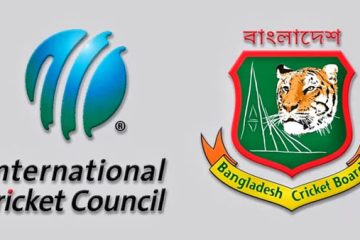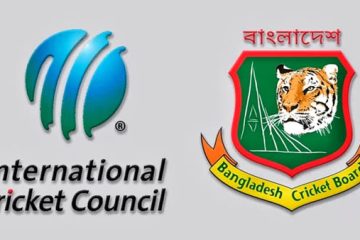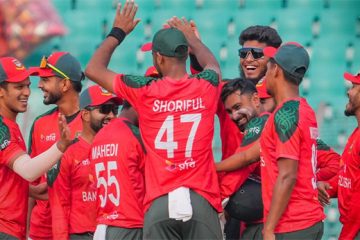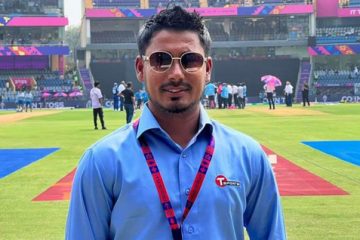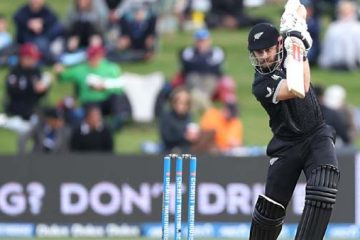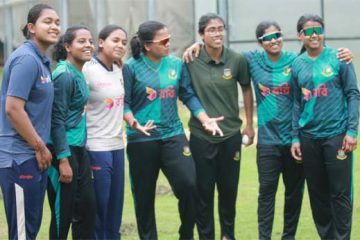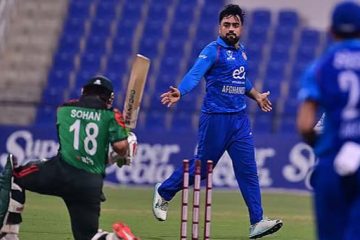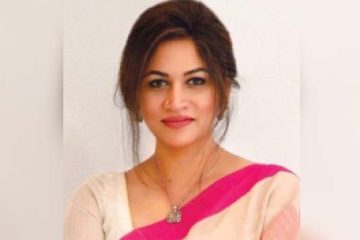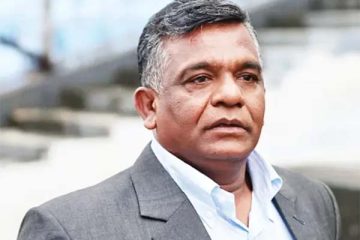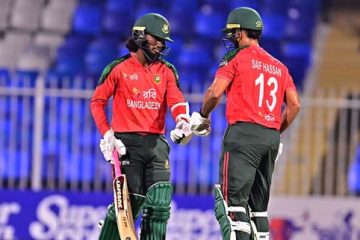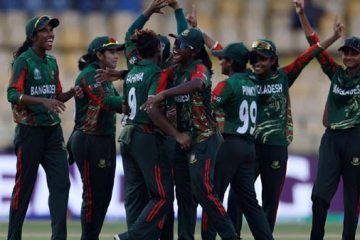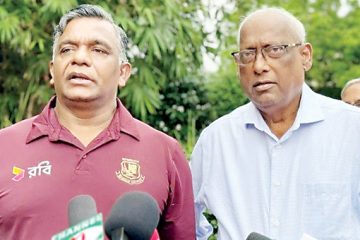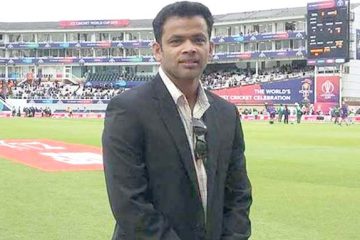The Bangladesh Cricket Board is running out of time to avoid a sanction by the International Cricket Council, who set a deadline for an elected body by June 2013.
In the ICC’s annual general meeting in 2011, it was agreed that all member boards will have an independent elected body by June 2012. A further 12 months’ time (upto June 2013) was given before the ICC said it would consider any sanctions.
The ICC noted that it was a well-established principle of modern sport governance that all national federations should be autonomous and free from interference from the government in the administration of their affairs.
The BCB took an initiative to act according to the ICC guideline but to the dismay of many cricket organisers, the government tightened its noose on the cricket oversight body taking the matter to court.
A 13-member ad-hoc committee, headed by Nazmul Hasan, was formed on November 27, 2012, after the board of directors completed their four-year tenure.
The ad-hoc committee was entrusted with the responsibility of completing an election within 90 days under the amended constitution, though several changes were made later only to take the matter to court.
A decision regarding the issue is still pending at the Supreme Court after it stayed the order of the High Court that ruled illegal the changes made in the amended constitution.
Though the fate of the next BCB election is largely dependent on the outcome of Supreme Court decision, the delay in the process is putting the board under pressure as they are already passing the extended period to complete the board election.
Former board director Serajuddin Mohammad Alamgir said that an honest effort on the part of the BCB can bail them out from this embarrassment in the international cricket fraternity.
‘BCB should ask the High Court to give them a possible guideline as soon as possible considering their emergency,’ Alamgir told New Age.
‘While the country’s reputation is at stake there is no use trying to win the battle of personal ego,’ said Alamgir.
‘A sincere effort can still make it possible to arrange the election within the time frame,’ he added.
The BCB had previously completed four elections in 1998, 2001, 2005 and 2008 where 167 councillors divided into three categories had represented the cricket clubs of Dhaka, District Sports Associations, former cricketers, educational institutions, women’s sports body and services.
The Dhaka-based clubs had 52 votes (one for each councillor) to elect 12 directors, DSA representatives had 68 votes to choose 10 directors, while 47 voters from the third category elected one director.
Ad-hoc committee member Mahbub Anam also echoed the same sentiment as Alamgir and said that it can be possible.
‘We need 45 days from the date of announcement of the election for seeking councillorship so it is possible,’ Mahbub said.
‘ICC might apply the model constitution for us if we fail to provide an amended constitution that will lead us to an election,’ said Mahbub.
Sri Lanka submitted their elected board recently to the ICC while Pakistan had promised to deliver it before the deadline which put Bangladesh at risk of becoming the lone defaulter.
-With New Age input

